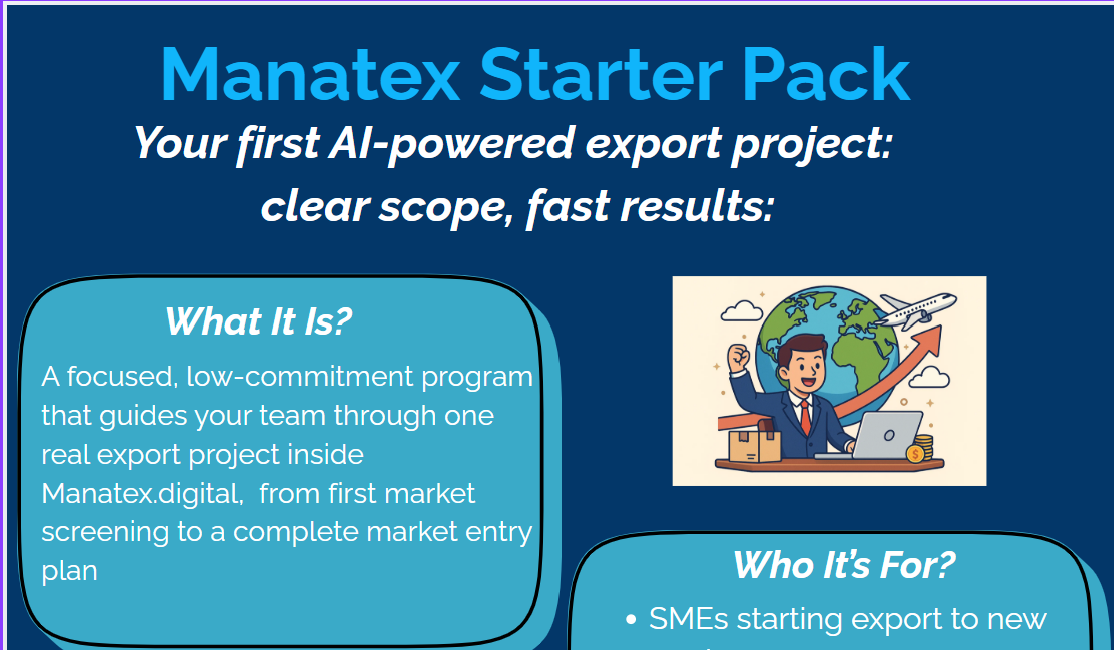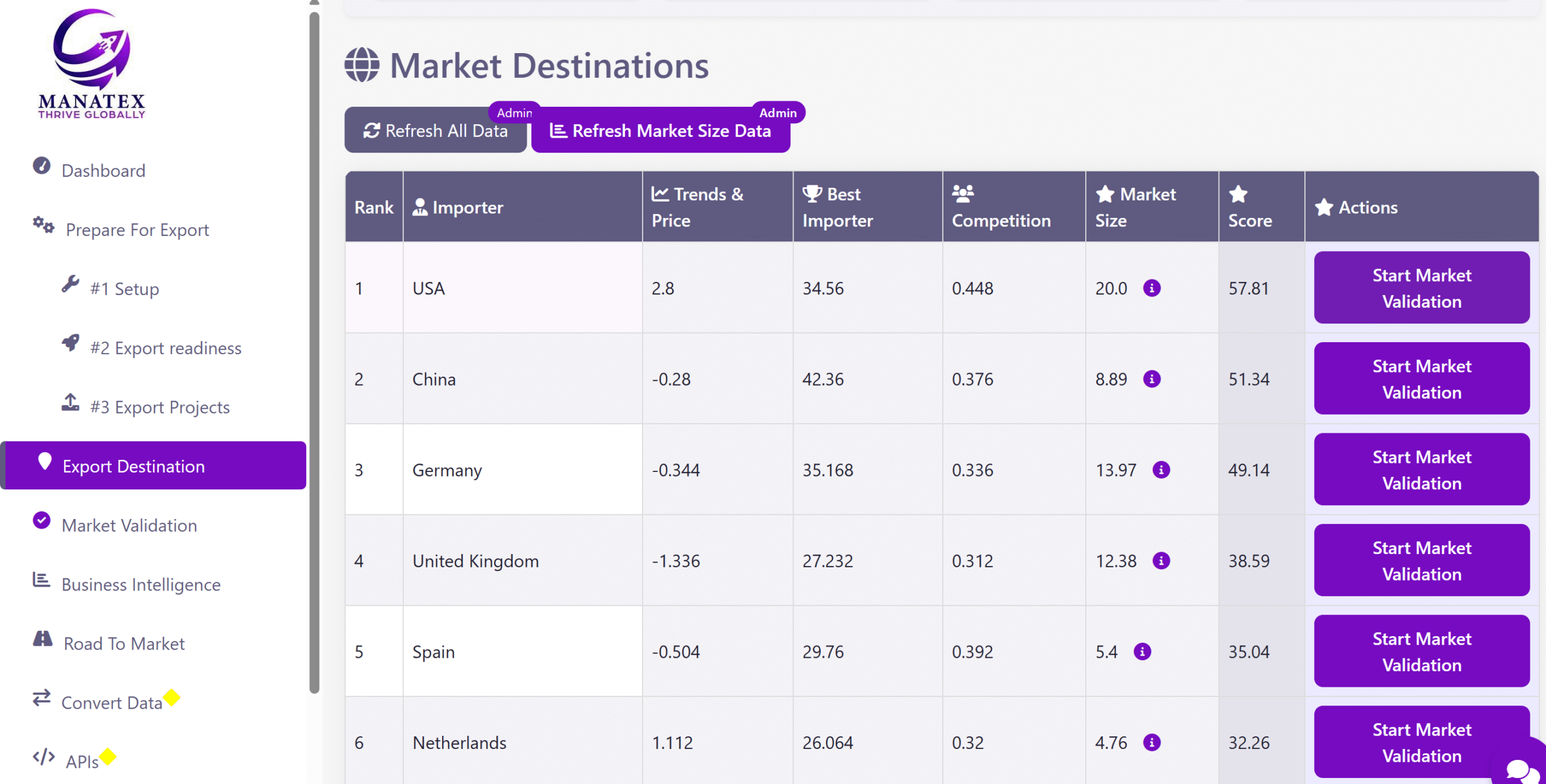In the realm of business, market validation is a critical step towards success. To accomplish this effectively, a diverse array of Market validation tools is indispensable.
In our recent webinar we talked about different tools that can be employed to help us with the market validation process. These tools empower businesses to harness data, survey customer preferences, analyze competitors, and track web traffic. This forthcoming comparison table will aid you in selecting the ideal tool for your unique market validation requirements, ensuring a seamless journey towards your business goals.
Tools for market validation:
- Google Trends: This is a free tool that allows businesses to see the latest trends, data, and visualizations from Google. It can be used to understand the popularity of certain search terms over time and across regions, which can help businesses identify market trends and consumer interests.
- SurveyMonkey: This is an online survey development tool that allows businesses to create and distribute surveys to their target audience. It can be used to gather insights on customer preferences, pain points, and buying behavior, which can help businesses tailor their offerings to meet customer needs effectively.
- SEMRush: This is a comprehensive tool for doing keyword research, tracking keyword rankings, checking competitors, analyzing backlinks, and more. It can be used to perform comprehensive competitor analysis and uncover potential areas of differentiation.
- Google Analytics: This is a web analytics service offered by Google that tracks and reports website traffic. It can be used to collect and analyze customer behavior data, such as web traffic, conversion rates, and engagement metrics, enabling businesses to make data-driven decisions.
- Zotero: This is a free, easy-to-use tool to help you collect, organize, cite, and share research. It can be used to save and manage references from scientific articles and other sources of information.
- AI Digital Tool: This is a tool that uses artificial intelligence to provide automated market insights and recommendations. It can help businesses navigate the market validation process with confidence, saving them time and resources.
Each of these market validation tools has its own strengths and can be used in different stages of the market validation process.
Here’s a comparison table for the tools mentioned:
| Tool | Advantages | Disadvantages |
| Google Trends | Free tool that provides real-time data on trending search terms, helping businesses identify market trends and consumer interests. | Limited to Google’s search data, may not provide a comprehensive view of all market trends. |
| SurveyMonkey | Easy-to-use tool for creating and distributing surveys, allowing businesses to gather direct feedback from customers. | Free version has limited features. Survey response rates can vary and may not always provide a representative sample. |
| SEMRush | Comprehensive tool for keyword research, competitor analysis, and SEO optimization. | Can be complex for beginners and the full range of features comes at a higher cost compared to other tools. |
| Google Analytics | Provides detailed data on website traffic, user behavior, and conversion rates, enabling data-driven decision making. | Can be complex to set up and interpret data. So may require technical knowledge to leverage its full potential. |
| Zotero | Free tool for collecting, organizing, and sharing research, useful for managing references. | Limited collaboration features in the free version. So it is Not as widely used as some other reference management tools. |
| AI Digital Tool | Uses artificial intelligence to provide automated market insights and recommendations, saving time and resources. | Quality and accuracy of insights can depend on the specific tool and its underlying algorithms. May require technical knowledge to use effectively. |
By leveraging these market validation tools, startups and SMEs can gain a deeper understanding of the market and make more informed decisions.





